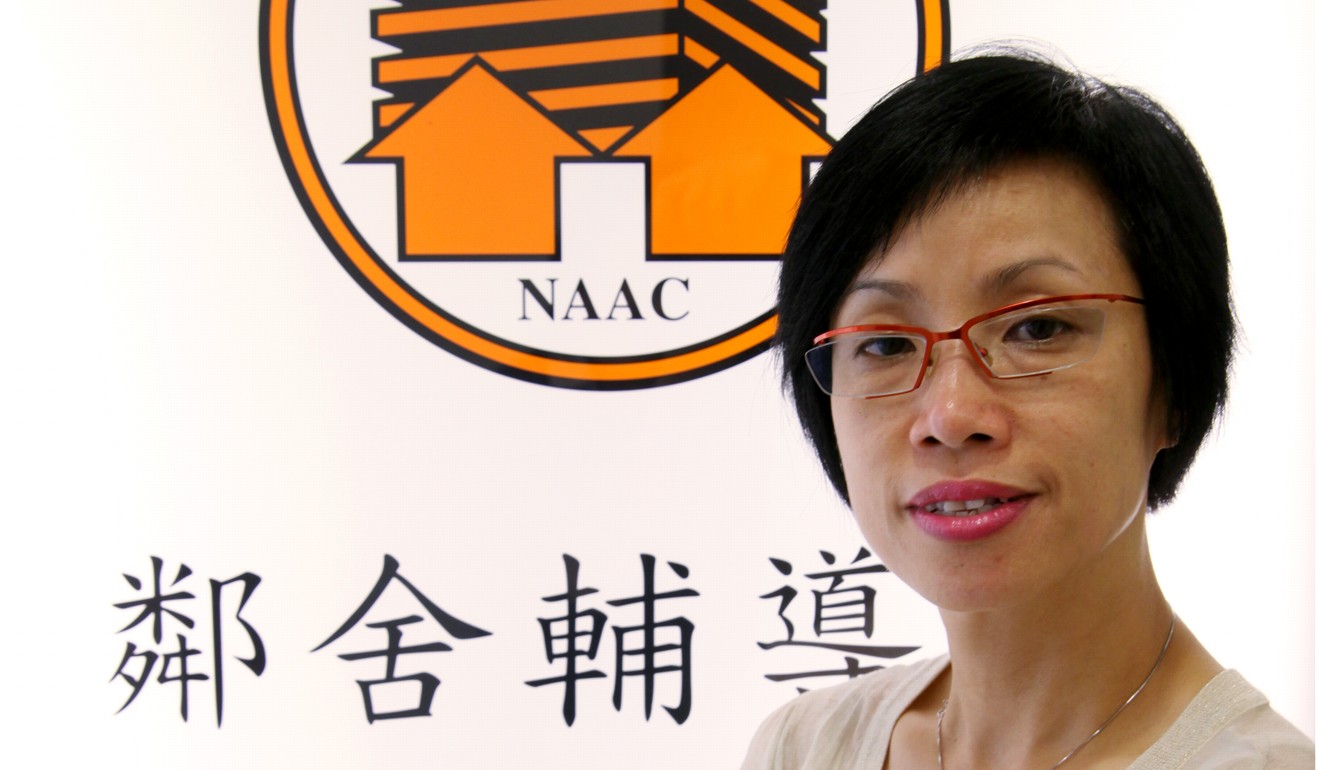
Hong Kong welfare groups in need of help themselves
Despite receiving tens of millions each year in subsidies, two organisations have warned they face substantial deficits. It may be time for the government to step in once again
Two long-standing social welfare groups have suddenly disclosed they face substantial deficits and will have to reduce services and staff.
Both the Neighbourhood Advice-Action Council and the Richmond Fellowship of Hong Kong had previously reported robust financial health as they receive tens of millions in direct subsidies each year from the government.
Are they simply two isolated cases of mismanagement or is the much-criticised lump sum funding system for welfare NGOs, introduced in 2001, showing cracks? Ironically, the funding system is supposed to encourage prudent and professional financial management, sometimes at the expense of service quality, according to some critics.
The council was set up in 1968 and offers services for children, young people, families and the elderly. In the 2015/16 financial year, it received almost HK$400 million from the government and reported a reserve of HK$100 million. But the group now warns it may face a deficit next year.
The fellowship was founded in the mid-1980s and caters to those with mental health issues. It has incurred a deficit of HK$3 million.
The deficit problems mean their clients, who are among the most vulnerable, will suffer.

Previously, registered welfare groups received public funding based on actual spending. This meant the Social Welfare Department was much more involved in their operations, including long-term strategic planning. But since the early 2000s, lump sum grants have been given to those same subsidised NGOs, ostensibly to give them more freedom and autonomy. But as critics have said, the government has become less involved, while professional welfare service standards have increasingly given way to management based on financial and commercial models as well as human resources practices similar to those in the private sector.
There are more professional business managers than social workers at the top, and it’s often said that their pay and perks are disproportionately high compared to the earnings of social workers and their assistants.
But as the two latest cases show, some NGOs can still face financial problems even under a system that encourages professional financial management. It may be time to consider reviving some elements of the old system, such as closer monitoring by the government as well as greater involvement in long-term planning and coordination.

